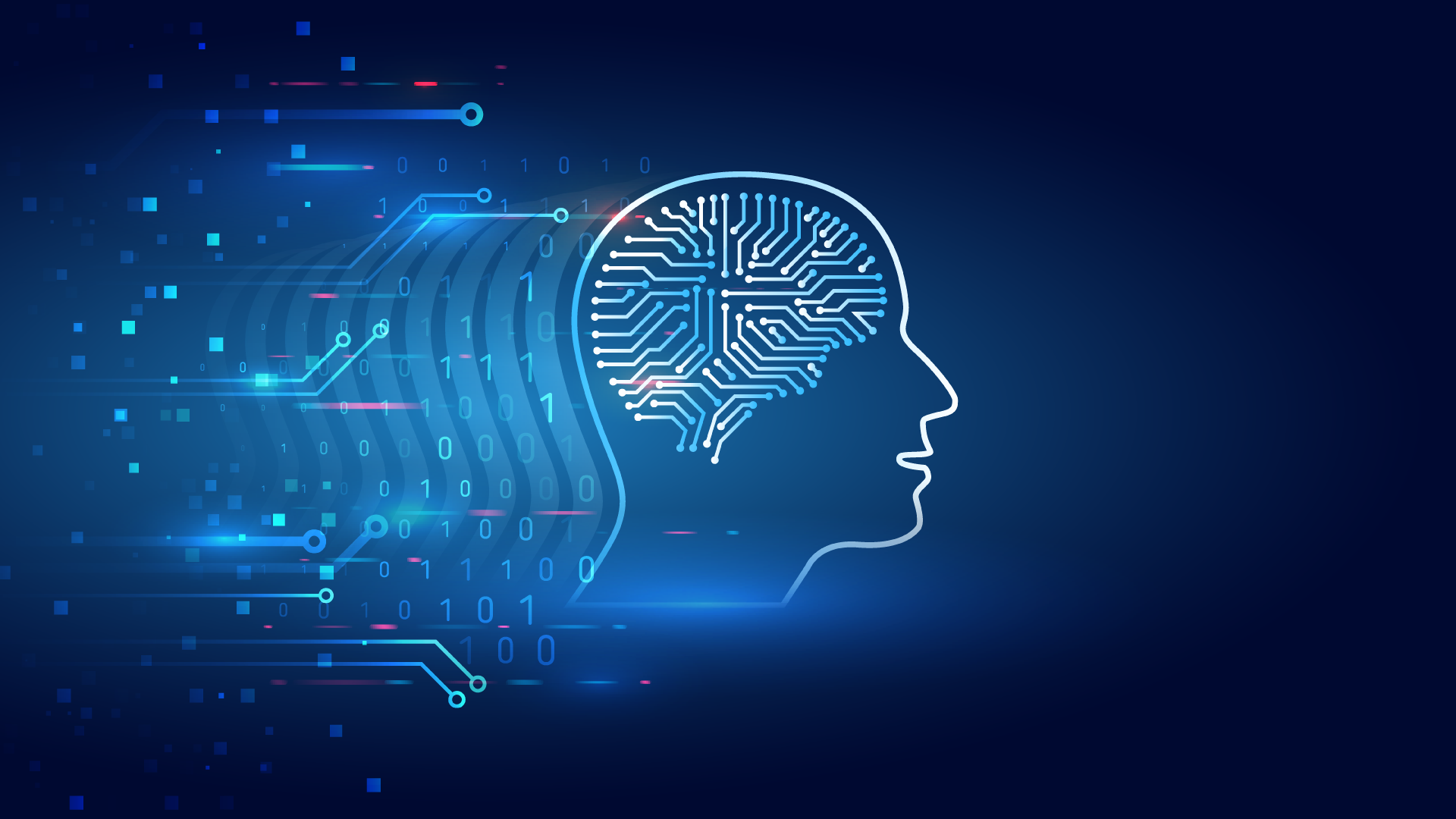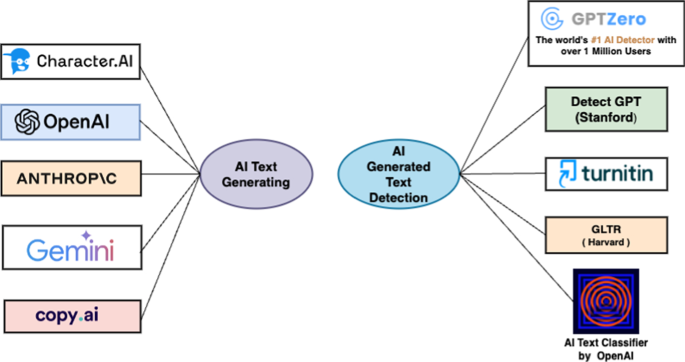Unlocking the Potential of AI Minds: The Future of Intelligent Automation
Unlocking the Potential of AI Minds: The Future of Intelligent Automation
Have you ever wondered how artificial intelligence (AI) is changing the world around us?
Or maybe you’re curious about how it’s becoming a part of our daily lives?
Let’s dive into the fascinating realm of AI minds and the intelligent automation they offer.
The Evolution of AI Minds
AI has come a long way since it first hit the scene.
Remember when it was just about basic rule-based systems?
Now, we’re talking deep learning and neural networks.
These AI minds are getting smarter every day, and here’s how:
- Understanding Patterns: AI can now identify complex patterns in data.
- Making Predictions: It’s not just guesswork anymore; AI is accurate.
- Generating Content: From art to articles, AI can create.
What’s even cooler? AI keeps learning.
Through machine learning, it can:
- Analyze massive datasets.
- Improve its algorithms.
- Get better over time.
This self-improvement is opening doors for intelligent automation in sectors like:
- Healthcare: Think AI tools helping with diagnosis.
- Finance: Imagine algorithms making investment decisions.
- Transportation: Picture self-driving cars learning from every trip.
Intelligent Automation in Everyday Life
Let’s talk about how AI is slipping into our everyday routines.
Ever used a voice assistant like Siri or Alexa?
That’s AI understanding your words and doing your bidding.
And in healthcare, AI is making waves too.
Take the AI-Mind project for instance.
It’s focused on preventing dementia by helping doctors diagnose and intervene early.
By analysing brain images and cognitive tests, it can assess risks accurately.
That’s just one way AI minds are improving lives.
The Future of AI: Opportunities and Challenges
Looking ahead, I feel a mix of excitement and concern about AI’s future.
Why? Because while the potential is huge, so are the challenges.
- Opportunities: AI can boost productivity and efficiency.
- Challenges: We need to think about ethics.
As AI becomes more autonomous, we face questions like:
- Who’s accountable for its decisions?
- How do we avoid bias in algorithms?
- What about job losses?
It’s crucial for all of us to engage in discussions about responsible AI development.
Finding a balance between innovation and ethics is key.
AI Minds in Industry Transformation
AI isn’t just shaking up healthcare; it’s transforming industries everywhere.
In finance, for example, AI is:
- Analyzing Market Trends: Making lightning-fast investment decisions.
- Detecting Fraud: Enhancing security for everyone.
In manufacturing, intelligent automation is streamlining processes.
AI-driven robots handle repetitive tasks with precision, which means:
- Fewer errors.
- Increased efficiency.
Watching these changes unfold makes me realise how AI minds can redefine traditional roles.

The Role of AI in Creative Fields
Now, let’s explore something really interesting: AI in creative fields.
I’ve seen AI-generated art, music, and literature that challenge our views on creativity.
AI tools can:
- Analyze existing works.
- Generate new content that evokes emotion.
Tools like Xmind AI are game-changers for brainstorming and mind mapping.
They make idea generation easy and intuitive.
AI isn’t here to replace human creativity; it’s here to enhance it.
Bridging Minds and Machines
Here’s a thrilling idea: the convergence of AI and neuroscience.
Research is underway to connect our brains directly to AI systems.
These brain-computer interfaces (BCIs) could lead to:
- Direct communication between humans and machines.
- Support for individuals with disabilities.
- Enhanced cognitive functions.

FAQs
What is artificial intelligence?
AI is when machines simulate human intelligence. It includes technologies like machine learning, natural language processing, and robotics.
How does AI technology impact industries?
AI automates processes, boosts efficiency, and helps with data-driven decisions in sectors like healthcare, finance, and manufacturing.
What are the ethical considerations surrounding AI?
We need to think about accountability, bias in algorithms, and job displacement. Addressing these issues is crucial for responsible AI.
How can AI minds enhance creativity?
AI can create new content by analyzing existing works. Tools like Xmind AI can help brainstorm and organize ideas, enhancing human creativity.
What is the future of AI?
AI has immense potential for intelligent automation and improved creativity, but we must navigate its ethical challenges to benefit society.
Conclusion
Reflecting on AI’s advancements and the potential of AI minds fills me with optimism.
AI is revolutionising industries, enhancing creativity, and making our lives better.
But remember, with great power comes great responsibility.
We need to talk about the ethical implications of AI to ensure these technologies benefit everyone.
As we embrace the future of AI, let’s work together to unlock its full potential.
If you’re keen to dive deeper into AI tools, check out AI Mind for valuable insights and resources.
The future of intelligent automation is bright, and I can’t wait to see what’s next!

